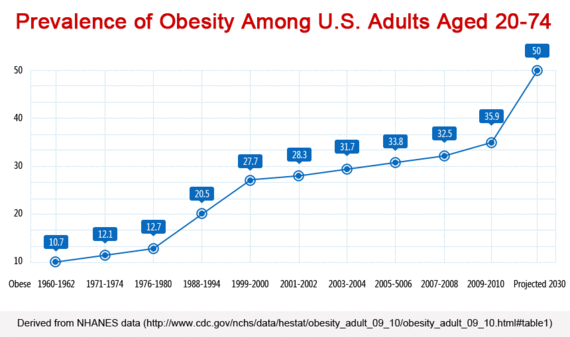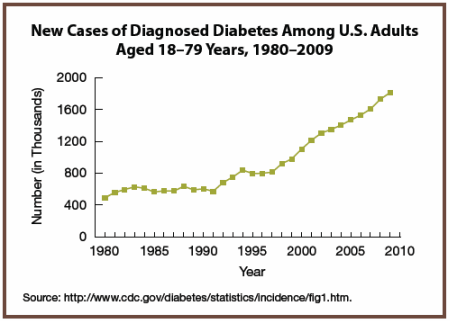
Seems as though everyone is talking about organic food prices these days, even actors from 500 years ago. I was recently at the Maryland Renaissance Festival, where two jesters were entertaining the crowd with word games.
Jester One: "What pops to mind when I say the word 'organic'?"
Jester Two: "Organic? Hmm. 'Carbon-based life-form'. How about you?"
Jester One: "That one's easy. 'Overpriced food.'"
The crowd got a good chuckle out of this, and why wouldn't they? A recent poll by NPR confirms that the majority of Americans believe that organic food is "too expensive." But in a present-day culture where less than 2% of the country now farms for a living (including a 4% decline in farmers between 2007 and 2012), this punchline brought to mind an even older joke from satirist Oscar Wilde:
Actor One: "What is a cynic?"
Actor Two: "A man who knows the price of everything, and the value of nothing."
From Priceline to Groupon to eBay, there's no arguing that we're a culture obsessed with paying less for more. Food is no exception, and while we could cite dozens of reports that point toward growing equilibrium between organic and conventional food prices (for example, here), this recent study by the USDA neatly sums up our prevailing attitude regarding food and money. Turns out that price, more than any other variable, is the chief motivator for many when it comes to grocery shopping decisions.
Yet, at the peril of becoming a nation of food-price cynics, we have discounted the lasting value of fresh, nutritious and yes, even organic food, opting instead for cheaper, sugary processed foods--and the consequences have been staggeringly tragic. As an illustration, these two charts from the CDC demonstrate the rise of obesity and type-2 diabetes over the past two decades, trend lines that show no signs of relenting.
These conditions, which have been directly linked to eating choices based on lifestyle, convenience and fresh food access, are clear corollaries of the way a large segment of our country receives its food calories. Fortunately, many of these health risks can be greatly reduced with proper daily nutrition. But when the prize at the bottom of the fast food sack is no longer a plastic toy, but type 2 diabetes instead, it rather changes the definition of "value meal", doesn't it?
Punchlines aside, this is unfortunately the entire point. In a world where price and value frequently go hand-in-hand, food has largely been excluded from this economic association. So, in the interest of redefining our food spending priorities, here's an (intentionally simplistic) quiz:
Both of these have wheels and a motor. Which one is safer out on the highway?
Both of these have a roof, walls and a door. Which one is a wiser long term investment?
Both of these will fill you up. Which one increases your chance of obesity?
Both of these will quench your thirst. Which one is commonly linked to type-2 diabetes?
Both of these will satisfy your sugar cravings. Which one is more nourishing?
How did you do? I'm guessing that you picked the sedan over the toy car, and the house over the cardboard box. But what about the food questions?
The fact is, when it comes to cars, houses and other common aspects of daily life, everyone knows that 'cheap' doesn't always equal 'value'. Oddly though, despite the well-documented association between eating choices and health consequences, food has largely remained an exception to this rule.
Sure, we keep getting straight A's on the food quiz. But after some reflection, it seems we've been asking the wrong questions for decades now.
As a consequence, we've avoided some tough answers. What are the consequences of cheap food? How can we make fresh, nutritious food more accessible? And most importantly, What can we do to improve the system? These are challenging questions for sure, and ones that I try to tackle in my new book.
It's long overdue to rewrite the old food quiz, redefining our ideas of 'cheap' and 'expensive'. Doing so just might improve our national health crisis. With any luck, that's something we can all buy into.






